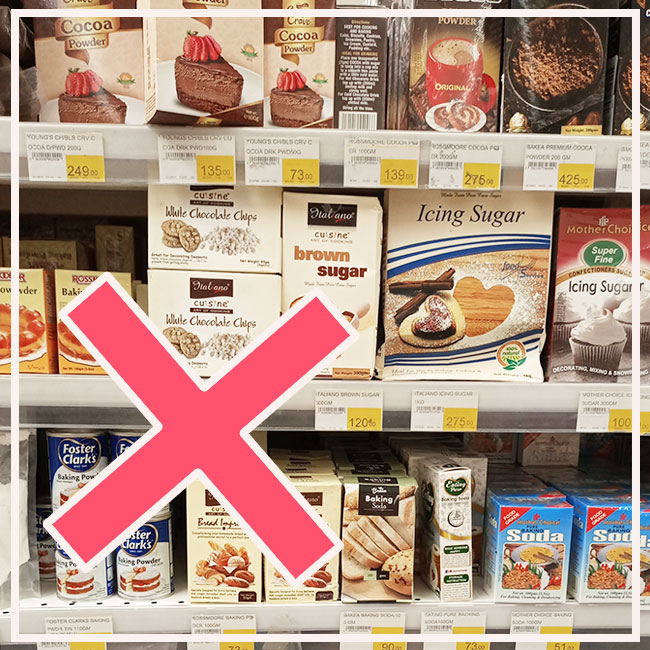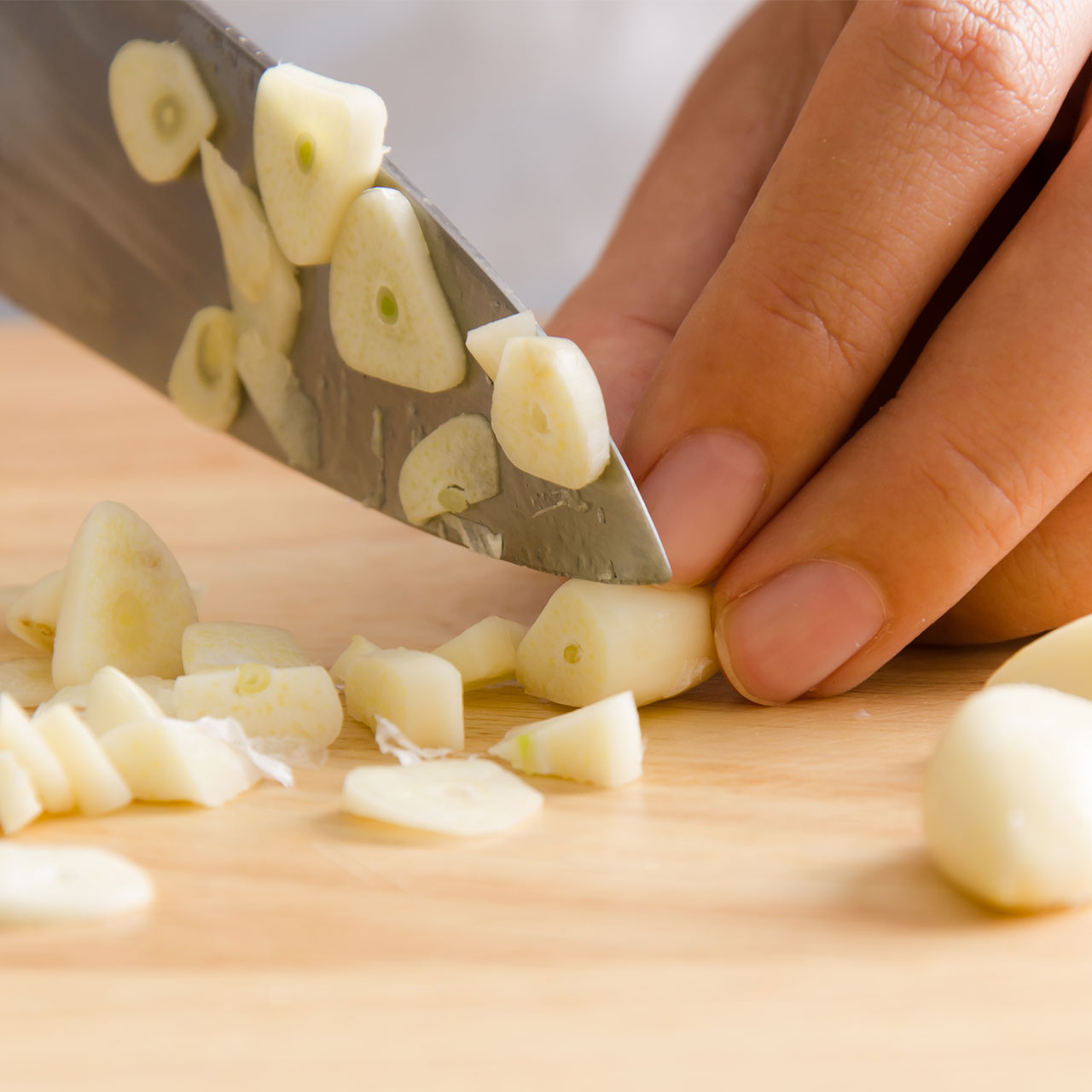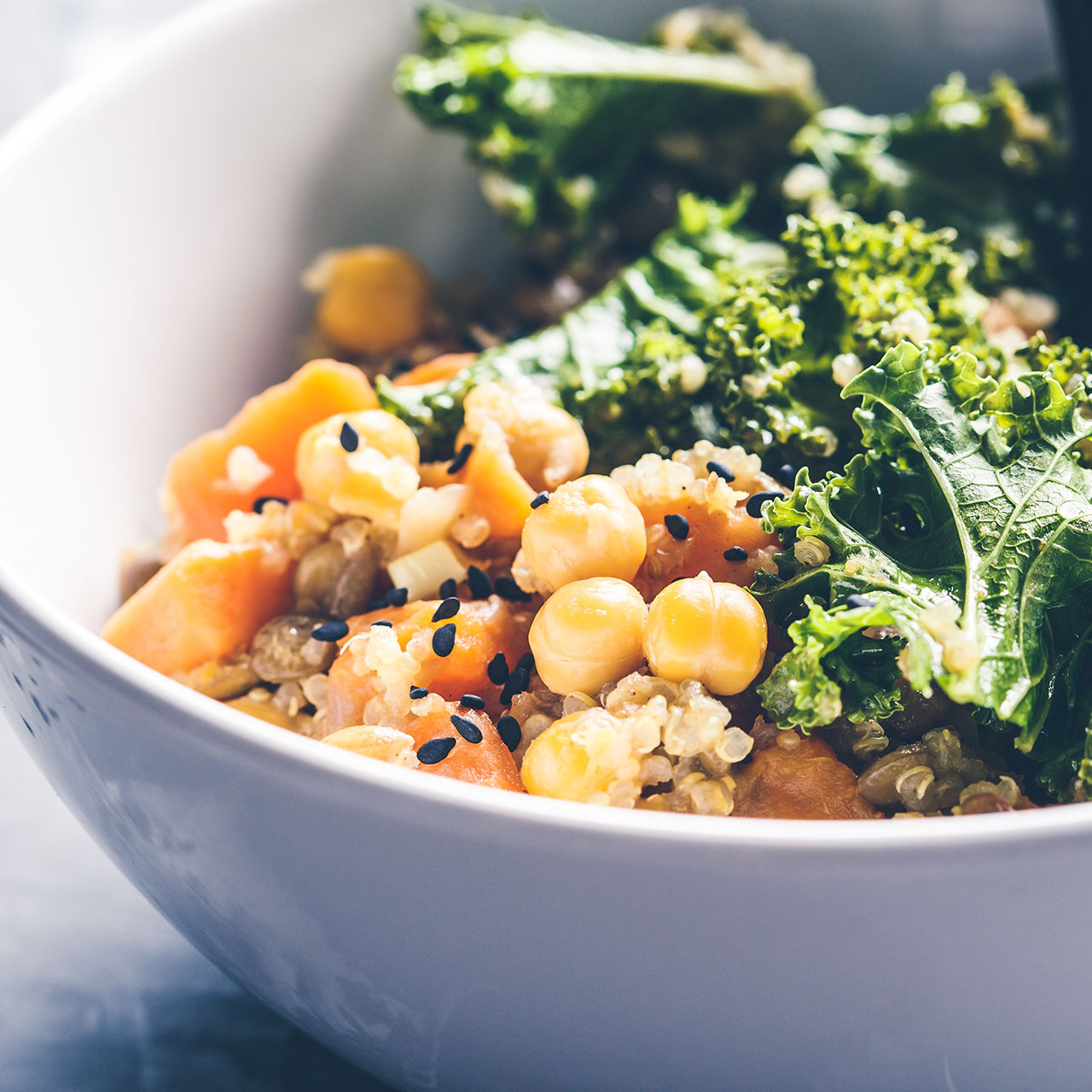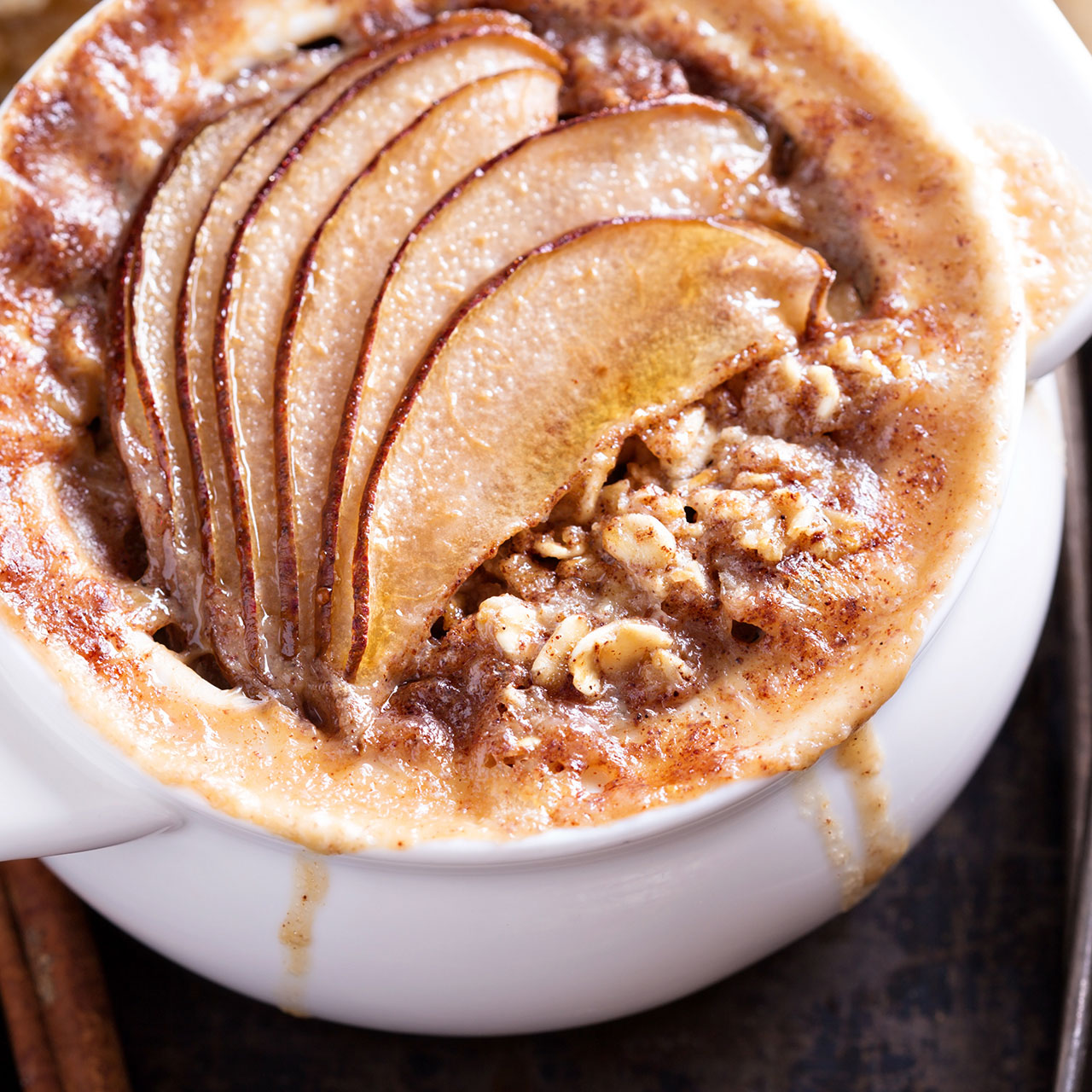This is an archived article and the information in the story may be outdated. Please check the time stamp on the story to see when it was updated last.
At this point we’re all well aware that sugar is not a food you should be consuming excess amounts of while attempting to create a healthy lifestyle. While delicious, sugar is often packed with excess calories and can have a negative impact on your metabolism, slowing down your body’s fat burning capabilities and making it more difficult to lose weight over time. Because of this, many people have turned to artificial sweeteners that boast being calorie free and healthier than the real thing.
However, many of these artificial sweeteners are packed with dangerous ingredients which can just have as much of a negative impact on your health as regular sugar, with one variation being worse than the rest. Aspartame is often regarded as the least healthy artificial sweetener, but health experts agree that there’s one other that may be just as dangerous.

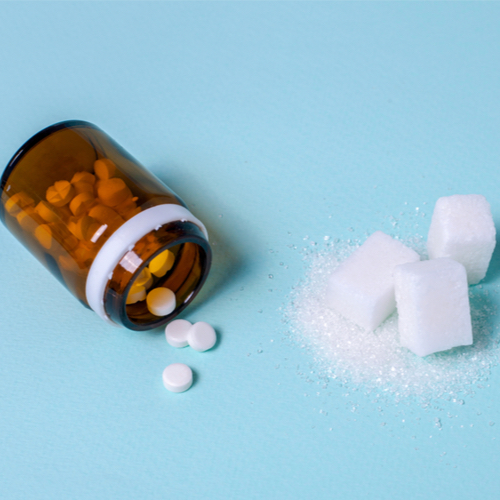
Sucralose is a zero calorie sweetener often used to replace sugar in coffee, baked goods, and other items that call for sweetness. But just because sucralose is calorie free does not mean it’s good for you. Providing artificial flavor to your food or beverage, sucralose can also be accompanied by some unsavory side effects. “The known side effects range greatly from bloating to potentially being cancer promoting. Sucralose promotes gas and bloating because it causes gastrointestinal irritation,” warns registered dietitian, Trista Best. Not only this, but sucralose can also have a negative impact on your digestive and gut health. “This artificial sweetener also reduces the amount of healthy gut bacteria. This side effect makes gastrointestinal discomfort and irritation more likely.”
Potentially causing bloating and other digestive issues, sucralose has also been linked to potential weight gain, regardless of its calorie-free status. “Studies have shown that consumers of artificial sweeteners eat more calories in the meal following,” says Best. When you believe you’re eating a low calorie food, you’re more likely to indulge later in the day, and not taking proper care to monitor your food consumption can lead to overeating which will make it more difficult to maintain the necessary deficit for weight loss. “Artificial sweeteners are linked to overeating, another act that causes bloating,” says nutritionist Lisa Richards.
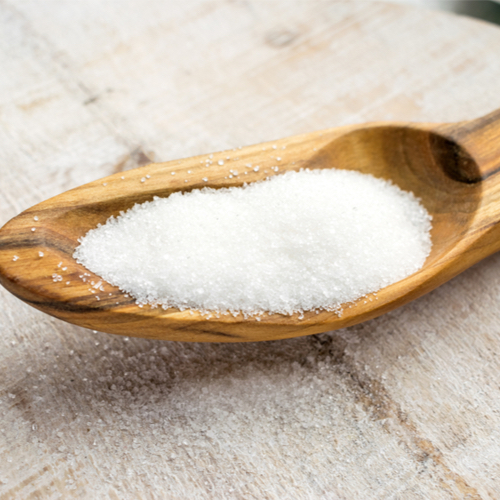
Artificial sweeteners such as sucralose may also worsen existing cravings, making it difficult to maintain healthy eating habits throughout the day once you indulge in this seemingly innocent sugar alternative. In fact, your cravings after eating artificial sweeteners will be even worse than if you simply stuck to eating the higher calorie natural sugar.
“This is because these sugar alternatives are many times more sweet than real sugar, which can desensitize us to the sweetness of actual sugar,” explains Richards. While you may be hesitant to consume regular sugar, particularly while working to lose weight, your body may actually react better to that than the zero calorie sweeteners, making it easier to control your cravings and create a diet which is conducive to sustainable and long term weight loss.





